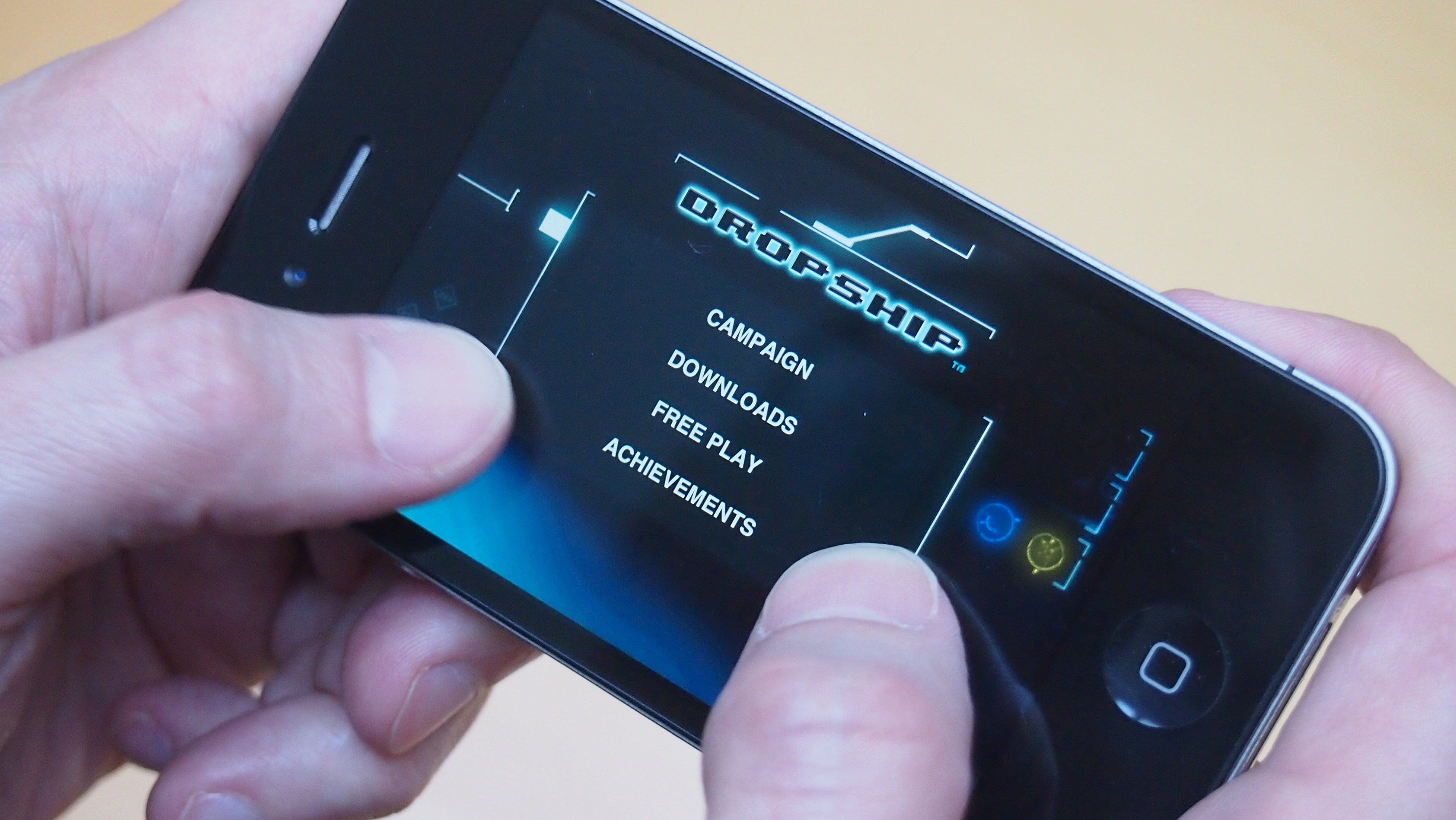The danger of free smartphone games
When you have children, there's no such thing as a free app

Children are gullible. It's true that my four-year-old daughter is beginning to get wise to my lies. However in the last few months I've successfully persuaded her that the African chant at the beginning of The Lion King is about throwing cats into bins, that if you unscrew your belly button your bum falls off, and that when she goes to bed our black labrador puts on a trenchcoat and goes out solving crimes.
The problem with kids is that the very things that make them so sweet - their complete trust in grown-ups, their utter lack of cynicism and their lack of impulse control - make them very easy to exploit. And that's exactly what many app developers are trying to do.
My daughter loves Tap Pet Shop, a Sims-style game where you run a pet shop. Tap Pet Shop would be better described as In-App Purchases Pet Shop, because almost everything in the game is designed to make you click on a purchase button.
When the player buys a new bit of pet kit or expands the store, the game tells them to wait several hours for it to appear - or if they click here, they can speed it up with an in-app purchase. Don't have enough dog treats? Watch this clock for two hours - or click here to buy some more. And so on.
In the early days of the App Store, such apps would have bankrupted me in about half an hour as my daughter bought endless Bottles of Paws at £6.99 and Bowls of Treats at £2.99. Niamh Bolton told the BBC that the same developer's Tap Pet Hotel enabled her child to rack up a £1,500 bill in two hours.
You can avoid that now by disabling in-app purchases, but it's clear that many developers assume that you won't. That's why the App Store is packed with apps whose entire purpose is to trigger in-app purchases, whether that's paid-for apps or expensive in-app fripperies.
I have a particular hatred of Outfit7's talking characters, whose apps' screens are minefields of "buy things!" buttons, but the nadir is probably Beeline Interactive's Smurfs' Village, a free app that includes in-app purchases such as a "wagon of smurfberries" for just £69.99. How do they sleep?
Sign up for breaking news, reviews, opinion, top tech deals, and more.
Better ratings please
In the US, Apple is being sued over this. A group of parents led by attorney Garen Meguerian argues that many apps were developed "strategically to induce purchases of Game Currency". Of course they are: it's a proven business model that's seen developers such as Farmville creator Zynga become incredibly rich.
I don't have a problem with freemium games that need your wallet to work properly - well, I do, but adults can waste their cash however they like - but I do have a problem when the apps specifically target children.
When Apple classifies such apps as suitable for kids, as it did when it gave Smurfs Village a rating of 4+, Apple is effectively giving them its stamp of approval. Apple's customers, and their children, deserve better.

Contributor
Writer, broadcaster, musician and kitchen gadget obsessive Carrie Marshall has been writing about tech since 1998, contributing sage advice and odd opinions to all kinds of magazines and websites as well as writing more than twenty books. Her latest, a love letter to music titled Small Town Joy, is on sale now. She is the singer in spectacularly obscure Glaswegian rock band Unquiet Mind.